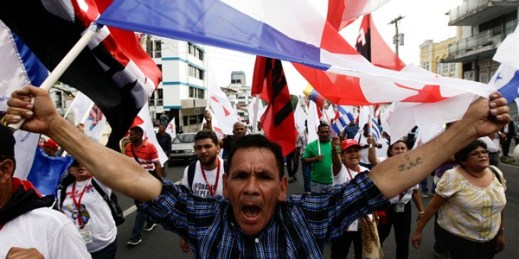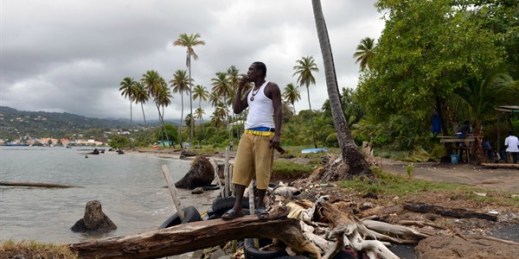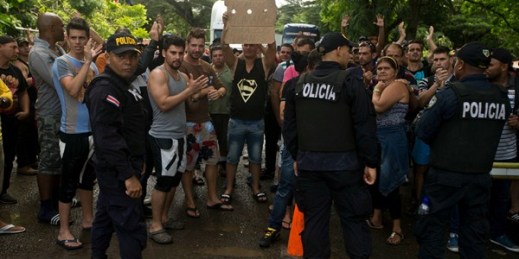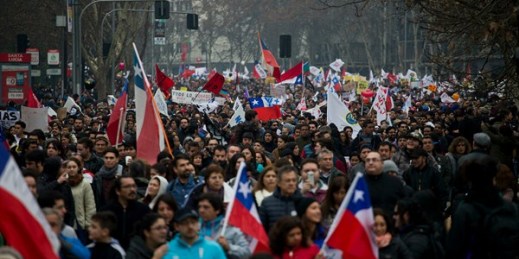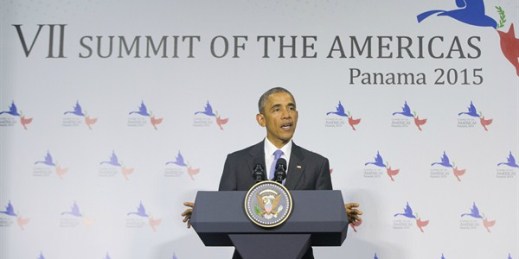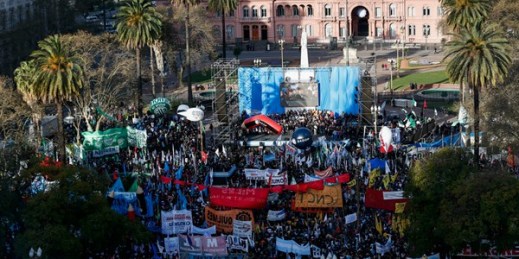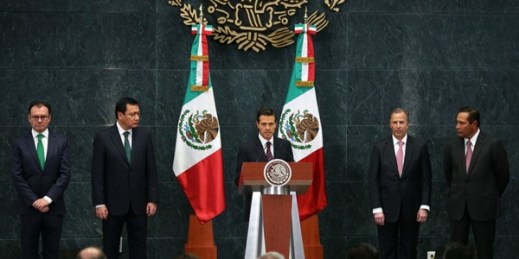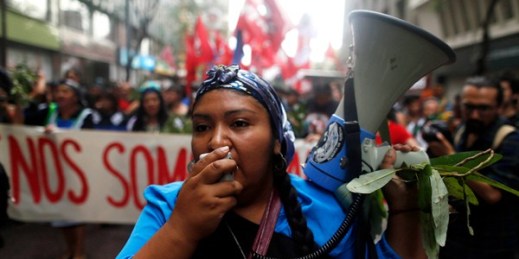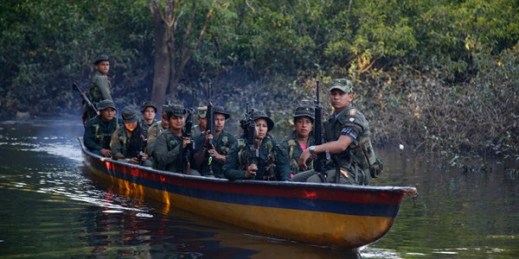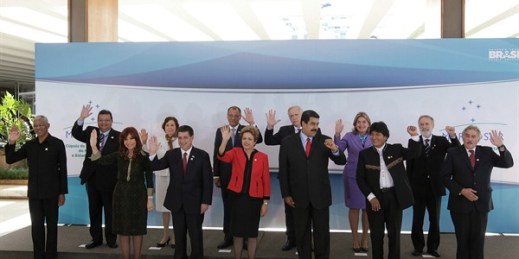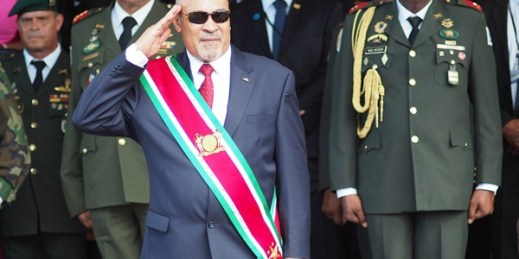
Corruption and falling commodities prices have many in Suriname worried that their country is turning into the next Venezuela. Businesses are closing; inflation is rising; and the economy is predicted to contract by 2 percent this year. In an email interview, Robert Looney, distinguished professor in the department of national security affairs at the Naval Postgraduate School, discusses the economic crisis in Suriname. WPR: What factors are behind the recent economic turmoil in Suriname? Robert Looney: Suriname’s economy has never been able to break out of the boom-and-bust cycle that afflicts many resource-producing developing countries. The country is almost totally […]

